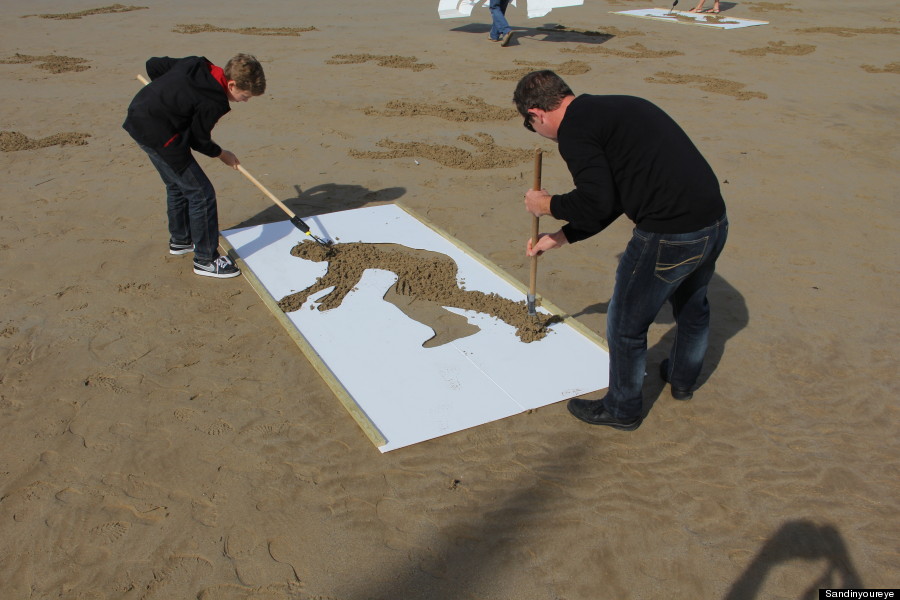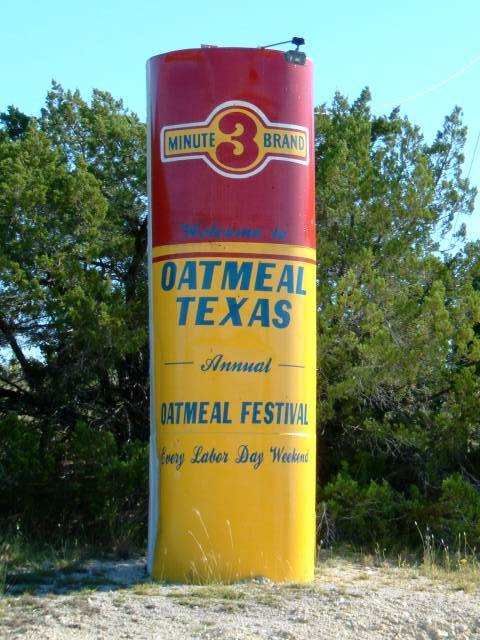Winston Churchill said, "Broadly speaking, the short words are the best, and the old words best of all."
Now, there is something we can all agree on.
So, I have a Kindle, and I load old out of print books onto it, books about exploration, discovery, and big game hunters from one hundred or more years ago. These books are out of print, but no one is republishing them, and when bought used they cost a fortune as collectors items.
The book I am reading now is by an early settler and farmer from Kenya who wrote about his experiences in the early 1900s. He gave one chapter to a lady who had lived in Kenya to write suggestions for ladies in England who were considering moving to Kenya with their husbands. The lady gave a list of essentials she thought they should bring with them from England, and at the bottom of the list was an "aguascutum."
Aguascutum!
Don't that just make you want to go, "Blip?"
Now, this is my first introduction to the aguascutum, and I assumed it was some old word from very proper upper crust English. Maybe it was an air tight box for storing tea biscuits in.
Not so.
A gentleman in England named John Emary was busy in 1851 trying to improve on cloth made of wool. What he came up with was wool cloth which shed water 100% in the rain. This was in the days before chemical treatments, so whatever he came up with was a fantastic discovery. So, he patented it and opened a factory and store on Regent Street to make the cloth. He next decided he needed a copyrighted name for his wool cloth, so he named it "aguascutum," which means "water shield" in Latin.
John made a coat for King Edward VII, and he was soon given a royal warrant to the Crown, an honor which has never been retracted.
Now, is that not a perfectly respectable and handy little word to hang on a hook in your effulgent mind? See a photo of aquascutums at the top of the page.
This wool cloth was a total success and the British Military ordered John Emary's cloth to make overcoats for their men, and I suspect that is what the olive drab uniforms were made of in WWI. Now, technology has wiped out all these old inventions by making a better product. But, old John Emary never had to abandon his product because of obsolescence. Aguascutum coats are still being made by a company by that name today, and the company was recently bought by a Chinese company.
So, you are now wondering why I told you this story, right?
Well, if you learn a new word every day, and don't store it in the closet, but get it out regularly, dust it off, and toss it into a conversation, several things will happen:
1. Most importantly, you will seem intelligent to your friends. As you drop old and impressive words here and there along the path of life, everyone will be moved to admire your command of the English language. Well, at least they will go, "Huh,?" and you will have a chance to tell the above priceless little story from old England.
2. Also, you will be able to use some of your new words to create confusion. This is helpful when you are in the company of a boring effete snog. You can say, "Do you think the price of aguascutums would be better from Amazon or Alibaba?" The snob will cough, claim to need a drink of water, and he will creep around behind a door and find the word on Google so he can keep up with you. Just keep doing this every other sentence, and you will keep him hiding all night behind a sofa looking up words.
3. Sometimes, if you want to end a conversation with something shocking that will terrify the mob you got stuck with, you can drop the sly use of a word, like, "I've been so busy lately that I haven't been able to wash my aguascutum in days." You will be amazed how much fresh useful confusion this method will produce.
Now, kiddies, off you go to The Wayback Machine or Gutenberg Press, and load down the old books onto your Kindle, and start reading and harvesting words to terrorize the snob mob to which you belong.
























